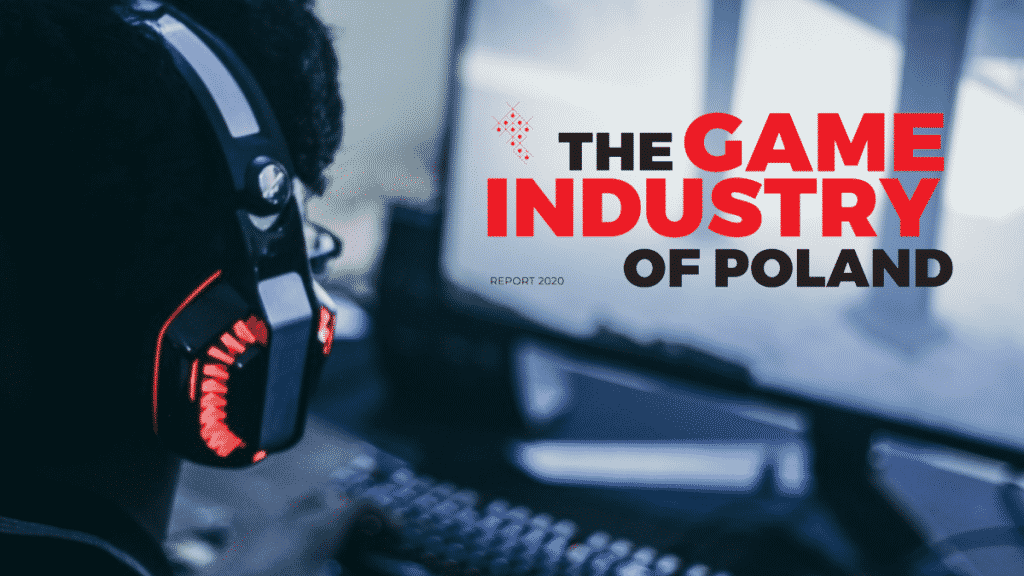While the unceasing pandemic is wreaking havoc in brick-and-mortar industries across Poland, it’s also propelling numerous online businesses towards new all-time highs. Both gambling and gaming have taken full advantage of the new opportunities: numerous state-of-the-art online casinos like Betathome, Energy Casino, and Slottica has entered the market to bring revolutionary changes – mobile gambling, live dealers, blockchain-based gambling, etc. – to the masses; about 10,000 people have found jobs in game production to come up with refreshing VR games, cloud games, and newfangled gaming tech alike.
Speaking of gaming, it has long been believed that CD Projekt Red is the only dominant force in the industry, whether you’re a consumer or a job seeker. But the tide is changing now: more young businesses are popping up to develop state-of-the-art games and employ young talents.
Want to know more about how the post-CD Projekt Red gaming world evolves? Then let’s take a dive into it along with Anna Rosak, an inveterate gamer and a gambling expert from KasynoHEX.
CD Projekt Red to Lead the Game
With over 450 projects released annually, the Polish game development industry is among the European leaders. But that was CD Projekt Red that paved the way with its renowned The Witcher, a fantasy action RPG comprising three main series (The Witcher, The Witcher 2: Assassins of Kings, and The Witcher 3: The Wild Hunt), two expansion packs (The Witcher 3: Wild Hunt – Hearts of Stone and The Witcher 3: Wild Hunt – Blood and Wine), and a spin-off (Thronebreaker: The Witcher Tales), the most recent release of the series to sixfold the company’s revenue.
But Cyberpunk 2077 somehow shook the position of the behemoth. The long-awaited game was released on December 10, 2020, to sell 13.7 million copies in 2020 alone…and was castigated by both experts and players themselves for numerous glitches and inconsistencies. CD Project Red’s stock price plummeted to less than 200 PLN per share compared to the peak value of 443 PLN per share.
The New Multifaceted Market
CD Project Red still leads the pack, remaining the most profitable Polish game dev company of all time, but the scene has become more diverse, though export-oriented (96% of the revenues come from export). Over 10,000 people are working in 440 development studios releasing up to 500 projects annually for over 16 million Polish gamblers.
As many as 43 studios are listed on Warsaw Stock Exchange, the highest-priced studios being CD Project Red (€8.6 billion), Ten Square Games (€887 million), PlayWay (€736 million), 11 Bit Studios (€268 million), Creepy Jar (€175 million), and All in! Games (€142 million). At the same time, the lion’s share of game dev companies are not listed on the exchange, including the second and the third biggest Polish game dev studios – Huuuge Games and Techland.
Employment-wise, 80% of the businesses employ less than 16 people, and only 10 companies have more than 200 people. Getting a job is challenging but possible: there are over 60 courses on game dev, evenly distributed among public and private institutions – plus a few dozen game jams to flaunt your talents.
The Bottom Line
Without any doubt, the bedrock of the astonishing success of the Polish gaming industry is its highly developed educational system and a not too saturated market that still welcomes young talents. The perspective of becoming a game developer doesn’t seem vague at all because Polish companies are catering to the ever-increasing global gaming market (and these are not just words: in 2020, online games generated $127 in revenues; in 2025, online games are expected to bring over $170).
What’s more, you don’t have to jump through hoops to get employed in game dev in Poland: enroll in a program you like, build your portfolio, search for a decent company depending on your skills and expertise, and voila, you’re hired by one of the development studios.
